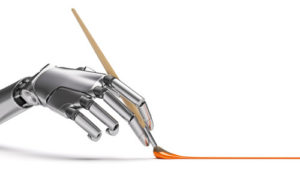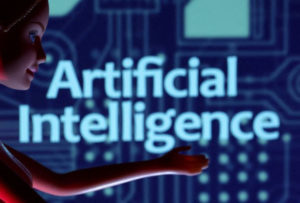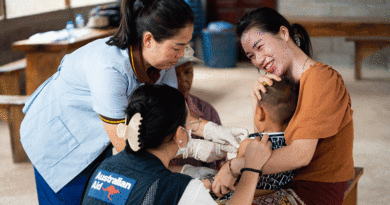OP ED – Opinion | Paris to host the AI Action Summit, a key event to address together AI challenges
Ambassador Jacques Pellet.
.
.
Artificial intelligence (AI) is more than an industrial and technological revolution. It has the potential to bring about a profound paradigm shift in our societies, in how we relate to know, to work, to information, to culture and even to language. That means artificial intelligence is not a neutral technology. It is a political and civic issue that requires intense international dialogue among the planet’s leaders, researchers, businesses and civil society. France has shouldered the responsibility of building on the momentum generated by the United Kingdom and the Republic of Korea and of hosting the AI Action Summit on 10 and 11 February 2025, which will bring nearly a hundred Heads of State and Government and a thousand civil society actors in Paris from some 100 countries. Cambodia, which is currently exploring the potential of AI, its challenges and opportunities for sustainable development, is invited to this Summit.

The question we all face, as users around the world, as start-ups or large corporations, as researchers and as policy-makers, is ultimately a simple one: how do we get the AI transition right?
The stakes are sky-high: we must enable artificial intelligence to fulfil its initial promise of progress and empowerment in a context of shared trust that addresses the risks inherent to technological development.
Ahead of the Summit and its outcomes, we are focusing on three tangible priorities:
Firstly, access to AI must be guaranteed for everyone, so that each person in the world can benefit and develop new ideas, to realize the full potential of the technologies. In order to reduce the growing digital gap and curb the excessive concentration of the artificial intelligence sector, we are launching a large-scale public interest AI initiative in order to foster the development and sharing of computing power, structured datasets, open tools and training for the talents of tomorrow. This project will be led by both public and private stakeholders.
Secondly, we must together prepare the two major transitions of our time: the environmental transition and the technological transition. While artificial intelligence will, without a doubt, make a full contribution to fighting climate change and protecting ecosystems, it is currently on an untenable pathway when it comes to energy use. The latest forecasts suggest that the energy needs of the artificial intelligence sector will be ten times higher in 2026 than they were in 2023. That is not sustainable. In response, an international and multi-stakeholder coalition for sustainable artificial intelligence will be launched at the summit, in order to deepen research into the technologies’ environmental impact, evaluate models on that basis, define new standards and step up green investment at every link in the value chain.
Lastly, we need to collectively design an effective and inclusive governance framework for artificial intelligence. In this respect, the first challenge is that of substance: the agenda of international AI governance must be broad and not be limited to ethics and safety issues. Other areas are of key importance, including the protection of fundamental freedoms, intellectual property, fighting market concentration and access to data. The second challenge is that of method, which must be determinedly collective. Everybody talks about the inclusiveness of AI governance, but for the moment it is but a mirage. For example, only seven countries worldwide are truly participating in the major international AI initiatives, and 119 are totally absent from them. Moreover, private stakeholders and civil society also need to be closely involved in order to together define a common international artificial intelligence governance architecture.
France is not alone on the path to this Summit. More than 700 public and private partners, researchers and NGOs from across the world have been helping to prepare it for months. No subject will be skirted around: from the future of work to frugal AI, from the safety of models to innovation ecosystems, and from the need for linguistic – and therefore cultural – diversity to protection of privacy. We are counting on your support.
AI is already a part of the cooperation between France and Cambodia in sectors of excellence. In partnership with the Ministry of Post and Telecommunications and the Cambodia Academy of Digital Technology, France provides support to the ongoing reflections about the development of Cambodia’s sovereign AI infrastructure, and contributes to the training of future AI talents. AI is also a significant part of our scientific cooperation, with, for instance, a project aimed at reducing antimicrobial resistance by using AI to improve antibiotic prescription, conducted through a partnership between the SESSTIM laboratory of Marseille University, Calmette Hospital in Phnom Penh, the University of Health Sciences of Cambodia and the Cambodia Academy of Digital Technology.
Let’s pursue our partnership on the path to the AI Action Summit, so that together we can build, in an atmosphere of trust, an AI at the service of all, for a prosperous, more open and more inclusive world.
The author is the Ambassador of France to Cambodia.
Jacques Pellet /
.
Ads by:

@[email protected]


 Memento Maxima Digital Marketing
Memento Maxima Digital Marketing








